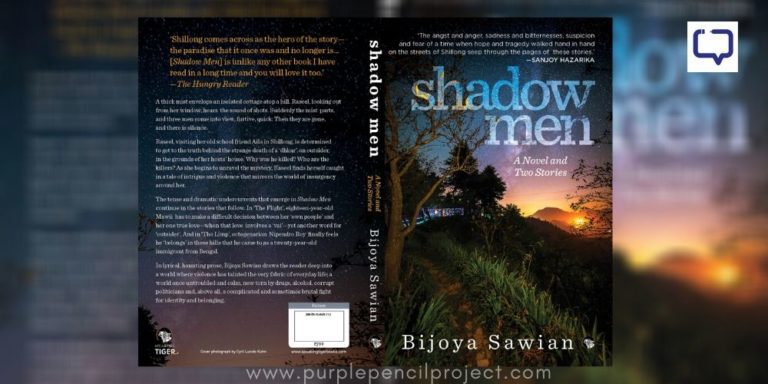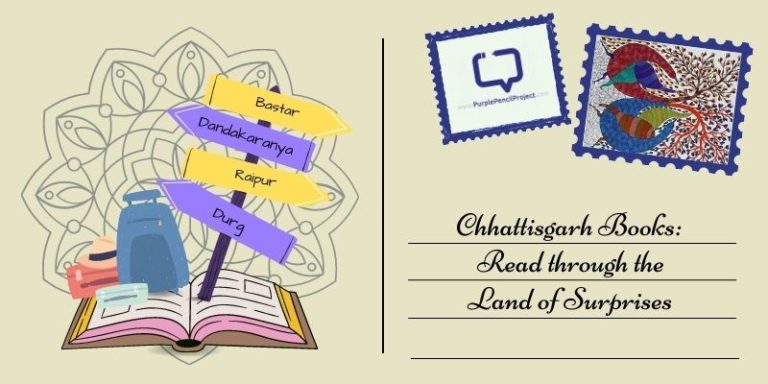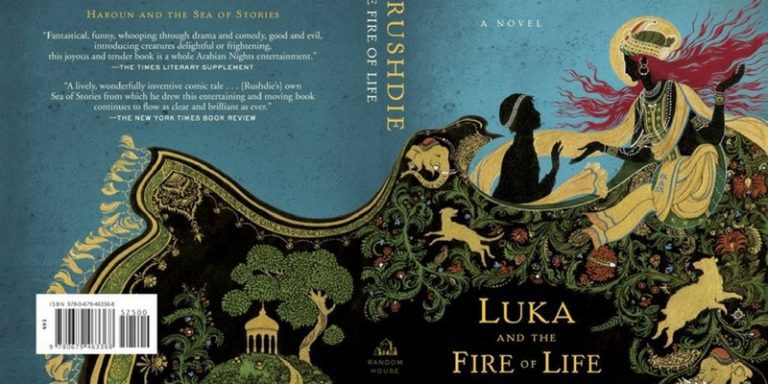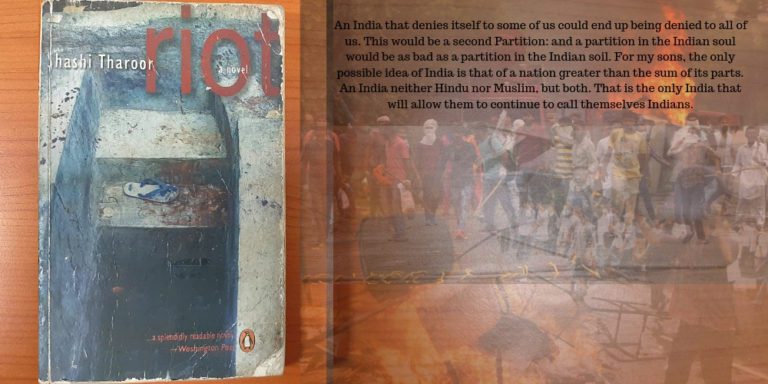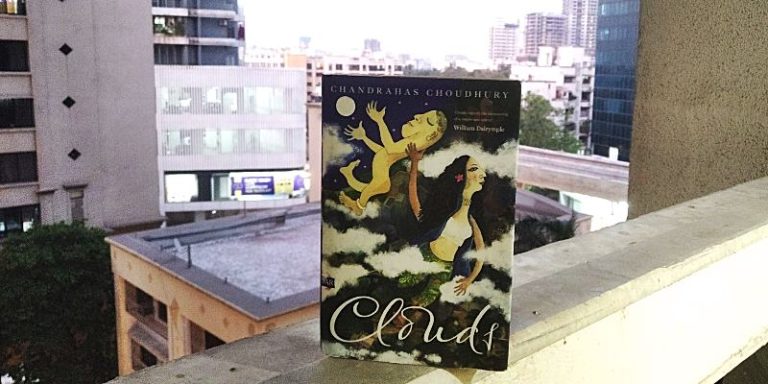Radhika Meganathan has published 12 picture books, with 20 more under production. She was the 2004 recipient of Highlights Foundations for Children’s Writers’ fellowship (USA) and one of the judges at Disney’s Pitchkiaow, a national talent search in Mumbai (2011). She owns the retreat planning company Smara Creative Escapes and co-owns MKS Author Solutions, which offers pre-publishing and manuscript guidance to authors.
Radhika is the host of the writing challenges Short Story 12×12 and Chapter Book 12×12; she has pledged to write one chapter book in 2014 and so far been successful! A global group of writers accompany her in her journey to write one short story a month, and an anthology is in the works. She writes kidlit under her real name, and YA fiction using the pseudonym Smara. Check out her blog at www.childrenswriter.in.
Radhika’s answers to 5 questions are…
1. Why do you write? Why would someone else want to be a writer?
Writing is not only therapeutic, but a fundamental act of self-preservation.
I write to remain sane. The world (and his wife) can be cruel and ugly, even when you think you know better. The more I wrote, the more I became quipped to deal with myself and those around me.
Like most writers (and humans), I fear pain, change, mortality. Above all, I fear disapproval. My characters also have the same fears, but the difference is by the climax, they have slain all their demons.
In my stories, anything is possible… definitely not like reality! Real life is about repeated failures, volatile bank balances, hellish good intentions and too-late dreams. So I furiously create people who dare, pen stories that can.
I tried not writing, and the emptiness that ensued was sickening… I believe all creative people have this problem. Their talent is also their curse. If they ignore it or don’t give it the right kind of work it is capable of doing, first it goes feral, then it starts cutting the very flesh that’s hosting it.
Actually, I have written a whole essay about this! Feel free to read it here.
2. How do you come up with an idea? Ideas for plots, sequences, scenes, characters and other things? Do you use any tools?
Whenever I see/hear/experience something even slightly interesting or out of the ordinary, I lodge it in a tiny space in my memory and it grows seed and gives me an idea on a later date. I then record it in my Idea Journal (IJ) as random thoughts and What if Scenarios.
For e.g., “What if Santhanu and Ganga lived in 2014?” formed the basis of my story, PROPHET
In commissioned projects, the editor (usually) decides the theme. For FRIENDS FOREVER (Hachette), I remembered a fight I had with my best friend. We ended up not talking with each other for a week; The tiff came to an end when I smiled at her, and she was big enough to forgive me for being a moron.
I used that incident as the core of the story… the characters, the situations that made them fight, and the resolution all were fictional and different from what happened in reality :).
So, my MO (and the most common one I’d guess) is to take a fact stick, either from memory or from real life (newspapers, internet, word of mouth) and pad it with fictional candy and sell it as a lollypop 😉
3. Do you keep a rigorous writing schedule? If yes, what is your writing schedule?
I am a recovering procrastinator (is that a real condition? If not, it should be), so I make sure I write at least 1000 words a day. That’s 4 pages, and takes an hour; Apart from that, I write whenever I find time. You just gotta work with that, especially if you are a work-at-home woman!
I also have a day job as an editor at MomJunction.com, so my (fiction) writing time has definitely reduced; but funnily, I am doing more than what I did before! Necessity is truly the mother of invention 🙂
To be frank, It was horrible in the beginning. But as soon as I set goals for myself and pledged to achieve them all, suddenly my muse started singing – she must have realized I was serious this time, so she didn’t play the diva any more.
I had a proper project calendar which completely tanked, as I didn’t have the discipline to follow it. So now I just start the month with the goal of finishing one chapter book and one short story, and the muse is gracious enough to let me pick an idea (from the IJ) and work on it :).
4. How often do you get interrupted by writer’s block? How do you go about working around your writers’ block?
Writer’s block is a myth. It is just an excuse by the mind to dupe itself, and not make any effort to come out of it. Fear + apathy = writer’s block.
If I say, “Hey, it’s been a year since you started on your novel, any progress yet?” and you reply, “Yeah, not a word, I just don’t know what to write after Chapter 3,” then perhaps I would accept you are specifically blocked (and proceed to give you a lot of unsolicited advice on unblocking).
But a general writer’s block, where writers claim they could write nothing at all… pfft.
Believe me, I understand about being blocked. I spent eight years working on the same novel, but I did get a lot of picture books, a plethora of short stories and one graphic novel anthology done. If you work on multiple projects, you can never be blocked. Project A giving problems? Go to Project B.
Once I sat down and decided I will write a book in a month, I have never lacked for ideas to wrote. The key is to keep busy, keep writing, keep ideating… and you will never be blocked.
5. What is the best advice on writing that you’ve ever received?
I started my career by reading how-to-write articles on the net; almost every one stressed the importance of critique groups and rightly so. For the last six months, I have been running two critique groups online and the impact they have on my writing is phenomenally life-changing.
They say a writer has to read a lot to write better. Well, I think it should be, “Read and crit(ic) a lot to write better“. When you crit others’ stories, you become adept at self-editing; you recognize fault patterns, common plot holes, clichés, et al., and the more you crit other’s work, the less you repeat the errors in yours. Here is a great article on crit groups.
It’s not easy joining an existing critique group, unless there is a sudden vacancy and you are at the right time. It is even more difficult start your own, if you have never critiqued before. It’s Catch 22.
Well, my advice would be to join Internet Writing Workshop. It can be intense but at least there is no waiting period; for basics of critiquing, refer to this.
So the key takeaway for me is that if I am in the game for the long run, I need to maintain an Idea Journal. I do some bits of it with Evernote. One of these days I would write a post about using Evernote. Any how, Radhika’s answers are very insightful, especially for people like me who juggle work and writing!
Thanks Radhika!









